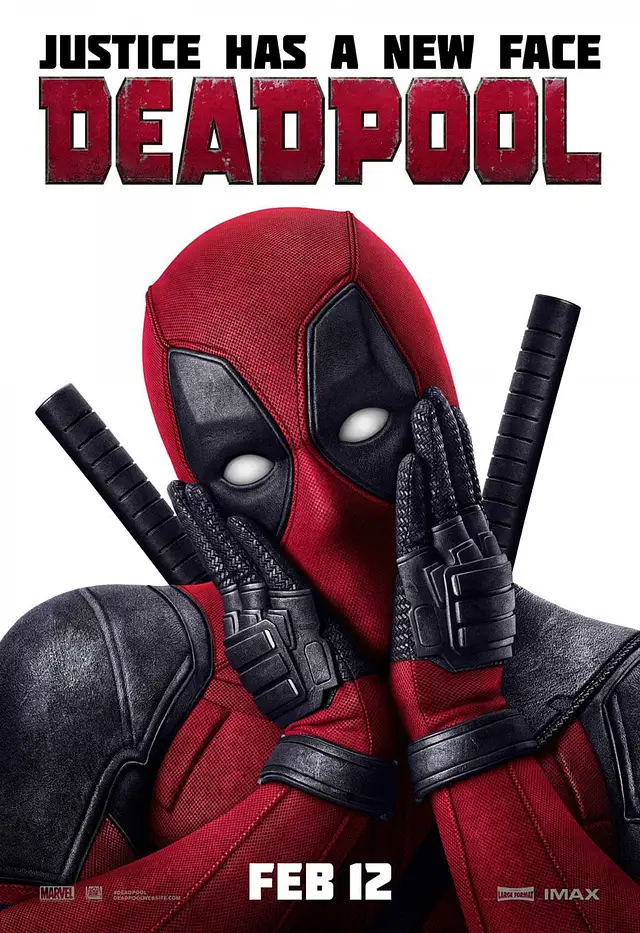Generally, when I think about Science Fiction (aka Sci-Fi or SciFi), I think of futuristic things, like faster than light travel, robots, and grandparents knowing how to use computers. But these ideas aren’t a recent invention. Ancient Indians were writing about flying machines as far back as 1100 B.C.
Clearly, attempting to look into the future is something we have done for a long time, and something we continue to do. Sci-Fi, especially in film, has such a powerful impact on modern society, but how did Sci-Fi make it to where it is today? Let me start from the beginning. The first Sci-Fi movie ever.
Enter: the 1902 film, Le Voyage dans la Lune, (aka A Trip to the Moon). Known for being the first Science Fiction movie, it came out only 2 years after movies actually began telling a story. Seriously, before that, movies were just filming a horse running or filming a train. It’s riveting stuff here, people. Super interesting.
A Trip to the Moon was part of a movement that changed that. Turns out people like being told stories, and being able to watch the story unfold right before their eyes was even better. And no surprise, Sci-Fi was pretty much immediately well received, too. The first Academy Award given to a Sci-Fi movie was 2 years after The Oscars were established in 1929 (Best Actor was given to Fred Mard for Dr. Jekyll and Mr. Hyde in 1931).
As a film junky, I am contractually obligated to mention Metropolis, and how important it is as a movie. The visuals are absolutely stunning, especially for a 1920’s movie. So stunning, that I just watched the whole thing in one sitting, even though it’s a silent film. It’s on Netflix right now; you can go watch a remastered version. If you can make it through all 2.5 hours of it without falling asleep, you’re a better person than me, and I will name you “King/Queen of Sci-Fi”. Even though the movie wasn’t initially well received, it raised the bar for visual effects in movies.
The 1930’s and 40’s had a bit of a rough time putting out movies in general, what with all the economic turmoil and whatnot, but oh man the 50’s… After those folks at the Manhattan Project invented the A-Bomb, people’s imaginations went wild with what SCIENCE might do. Also, remember 1947 was an important year for the genre because some farmer saw a weather balloon crash in a field in New Mexico. JUST A WEATHER BALLOON.
In any case, the 1950’s are regarded as the Golden Age of Science Fiction, but the important movie I want to talk about here is Destination Moon (1950). If I had to pick ONE movie which made Science Fiction what it was today, it’s Destination Moon. It saw MASSIVE success for its time, bringing in the 2017 equivalent of 52 million dollars. This is even more impressive when you realize the budget of the movie was the 2017 equivalent of $6 Million. Studios suddenly realized they could make huge profits off Sci-Fi movies. Which is good for people like me, who want to only watch Sci-Fi movies.

The 60’s took a step back from Sci-Fi films a bit, significantly fewer of them came out. Doctor Who began showing on TV in the UK and of course 2001: A Space Odyssey was released later in the decade. Though directed and partially written by famous Obsessive Compulsive, Stanley Kubrick, the other writer you may NOT know was Arthur C. Clarke. Known for The Fountains of Paradise. Clarke’s work deserves its own article, and I promise we’ll get to “Hard Sci-Fi” eventually.
Spielberg famously called 2001, “The Big Bang of Science Fiction”, and its influence cannot be understated. The huge amount of people who name 2001 as the movie which made them want to make movies is astounding. However, I think Sci-Fi’s influence goes back further than that and calling 2001 “the beginning” doesn’t give enough credit to the films of old.
Then the 70’s rolled around, and space travel was fresh on everyone’s mind. Could have something to do with the moon landing, but who knows. Now I’m going to do something a bit controversial here: I’m going to include Star Wars in this discussion, with A New Hope being released in 1977. I know I will probably get hunted down and nerded to death over this. If you call Star Wars “Sci-Fi” you’ll be bombarded with the “Well-Technically’s”. They are right of course, Star Wars is technically a Fantasy movie, but its influence on Science Fiction is undeniable, and the series is still dominating the market today.
The folks of the 1980’s, when they weren’t too busy watching all the new Star Wars movies, were enjoying a new Sci-Fi craze, the Post Apocalyptic movie. I didn’t think the 80’s were so bad. In any case, Mad Max was exploding as a series, and we saw the rise of the Terminators. It’s interesting that every decade has a culturally relevant “fear” as the enemy.
I love the idea of 1930’s farmers chatting with each other about robots. Or 1950’s mechanics yelling “Klaatu barada nikto” across the shop. All along Sci-Fi has had a way of staying relevant. Perhaps helping us to escape our fears, or perhaps helping us to confront them and imagine a more adventurous life. Either way, it’s going to be interesting to see where Sci-Fi will go in the next few decades. What will the next big fad be? Maybe the idea of an alien race puppeting the government? Maybe, and I’m just spitballing here, some like… lizard people come to take over, and they can shapeshift into people or something? The possibilities are endless, and I’ll be right here watching.

